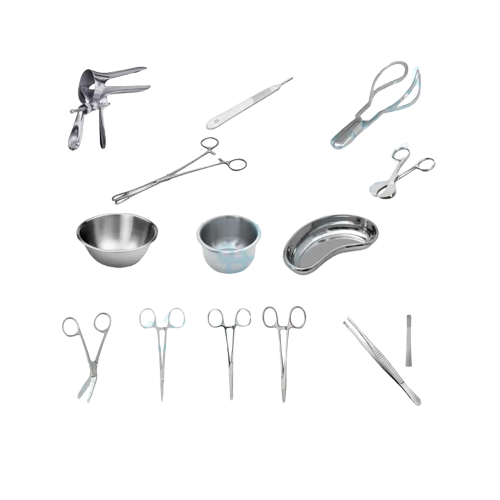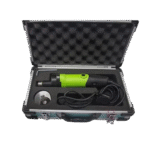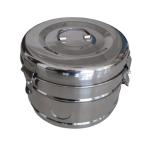Artery forceps, also known as hemostatic forceps, are surgical instruments used to clamp and control bleeding vessels during surgical procedures. They are essential in achieving hemostasis (control of bleeding) by compressing blood vessels or tissues.
🩺 Functions of Artery Forceps
- Clamp blood vessels to stop bleeding.
- Hold tissues or structures during surgery.
- Assist in suturing by holding the needle or tissue.
- Aid in dissection when used with other instruments.
🛠️ Types of Artery Forceps
- Straight or Curved: Curved ones allow better visibility in deep or narrow areas.
- Sizes vary: e.g., Mosquito (small), Kelly, Crile, or Rochester forceps (larger).
- Serrated jaws: Provide a firm grip on tissue or vessels.
✅ Things to Consider Before Buying Artery Forceps
- Material Quality
- Prefer high-grade stainless steel (e.g., German or Japanese stainless steel) for durability, corrosion resistance, and easy sterilization.
- Autoclavable and rust-proof.
- Type and Size
- Choose the right type (curved/straight) and size depending on the intended surgical use (e.g., delicate surgeries vs. general surgery).
- Pediatric vs. adult surgical instruments.
- Grip and Handle
- Ensure the forceps have a comfortable finger grip and ratchet locking mechanism that works smoothly.
- Textured grip may improve control during use.
- Jaw Alignment and Serration
- Properly aligned jaws with uniform serrations ensure better clamping pressure without tissue slippage.
- Avoid instruments with poorly machined or misaligned jaws.
- Reusability and Sterilization
- Confirm it is reusable and can withstand repeated autoclaving without degradation.
- Smooth surfaces make cleaning easier and reduce infection risk.
- Intended Use
- Some forceps are specifically designed for vascular, dental, or gynecological procedures—ensure compatibility with your field.
- Brand and Certification
- Opt for trusted manufacturers with CE, FDA, or ISO certification to ensure safety and quality standards.
- Warranty or return policy may also be worth considering.
- Cost vs. Quality
- Avoid very cheap instruments—they may compromise on quality.
- For clinics or hospitals, consider bulk buying from reputable surgical suppliers.






